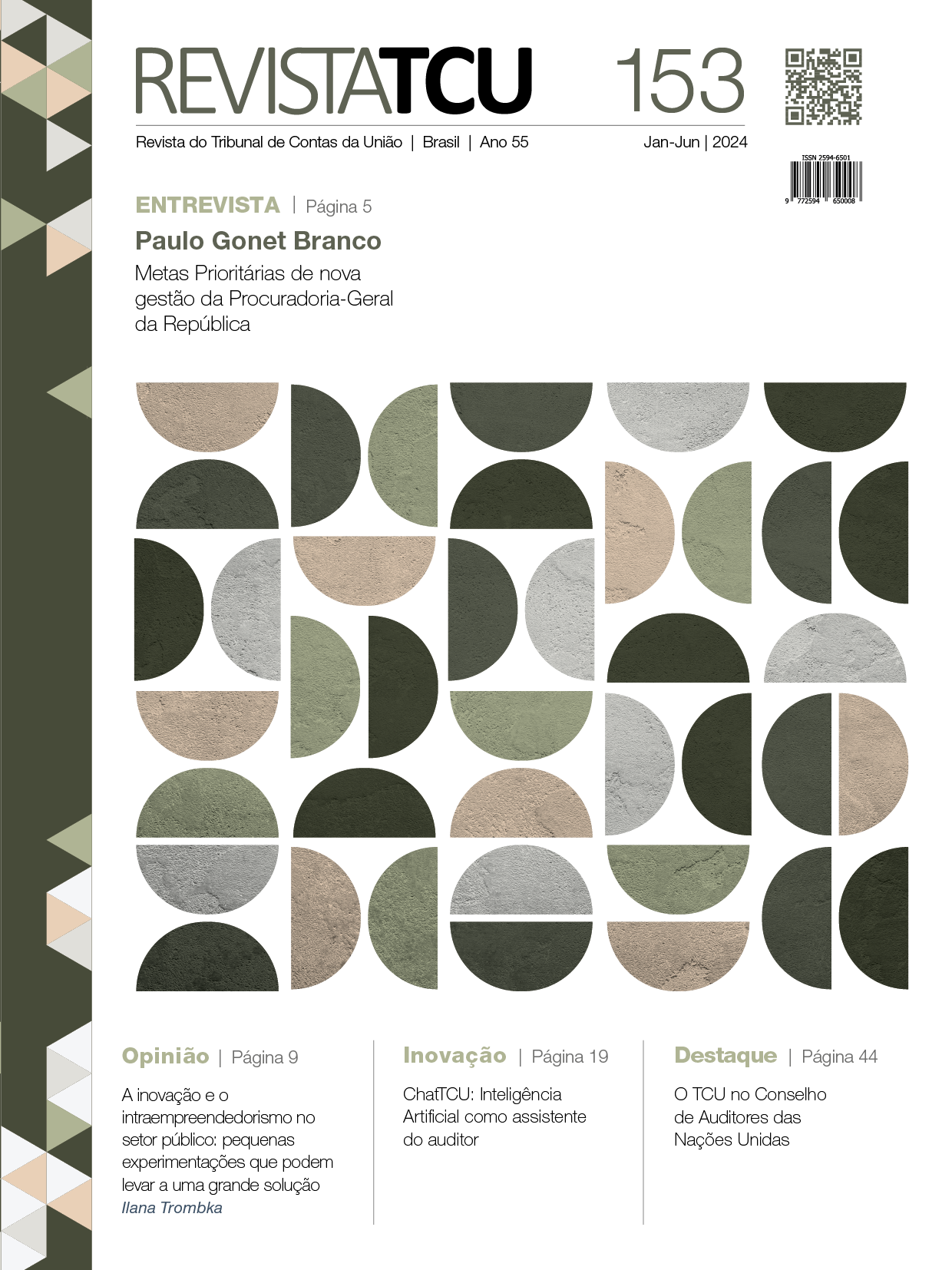O sandbox regulatório como instrumento de incentivo à inovação no Brasil: Os casos do Banco Central do Brasil, da Comissão de Valores Mobiliários e da Superintendência de Seguros Privados

Abstract
The regulatory sandbox consists of an experimental and controlled environment, focused on the development of innovative projects through a dynamic and flexible regulatory system, in order to
provide greater freedom for the production and experimentation of new products and services by innovative companies. Within the Brazilian legislation, Complementary Law n° 182/2021 was responsible for introducing the concept of the sandbox, along with its principles and guidelines, applied to activities in the financial system. In this context, the study aims to analyze how the implementation of the experimental regulatory environment has been carried out in Brazil, with a focus on the initiatives of the Brazilian Central Bank, the Securities Commission, and the Superintendence of Private Insurance. To achieve the proposed objective, a descriptive and comparative methodology was used, adopting the following comparison variables: procedural rules, objectives, and strategic priorities. The results indicate the importance of this experimental environment for the development of innovative solutions. However, due to the recentness of the initiatives and the minimum participation time, the analysis of impacts and results is still limited.
Keywords: regulatory sandbox; innovation; innovative financial services.
Author Biography
James Batista Vieira
Docente do Programa de Pós-Graduação em Ciência Política da Universidade Federal de Campina Grande.
Priscilla Maria Andrade Campos
Mestranda do Programa de Pós-Graduação em Ciência Política da Universidade Federal de Campina Grande.
Rhuan Rommell Bezerra de Alcântara
Mestrando do Programa de Pós-Graduação em Ciência Política da Universidade Federal de Campina Grande.
Clóvis Alberto Vieira de Melo
Docente do Programa de Pós-Graduação em Ciência Política da Universidade Federal de Campina Grande.
